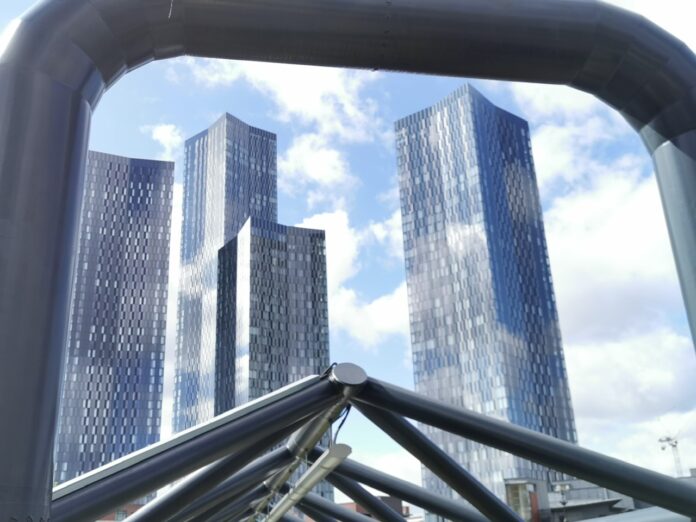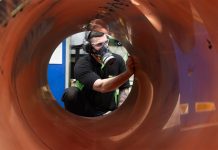Britain’s post-lockdown economic rebound slowed sharply in May despite a further relaxation of social-distancing rules, according to official data which also showed the hit to carmakers from a global shortage of microchips.
Gross domestic product expanded by a monthly 0.8%, much faster than its typical pre-pandemic pace but down from April’s 2.0% surge and a lot weaker than the median forecast of 1.5%
April saw the easing of restrictions for non-essential retailers, hairdressers, and pubs and restaurants that could serve customers outside. In May, hospitality firms were allowed to resume indoor service.
Britain’s dominant services sector grew by a weaker-than-expected 0.9% in May from April as a huge 37.1% monthly jump for accommodation and food services failed to offset slower increases elsewhere in the sector.
Industrial output grew by 0.8% but manufacturing shrank narrowly. The chip shortage affecting carmakers led to the biggest fall in their output since April 2020, the ONS said.
“The easing of covid restrictions and continued effective roll-out of the vaccines has led to another welcome rise in activity over May.
“But while more businesses were able to reopen their doors, times remain tough for our hardest hit sectors, particularly aviation and international tourism with some missing out on valuable summer trade to recoup their losses.
“With further pent-up demand providing an engine for growth, all signs point to a promising economic outlook for the UK over the course of the year. It’s now critical business and government work together to rebuild customer and employee confidence in living with the virus, while also maintaining progress in tackling the pandemic itself.”







